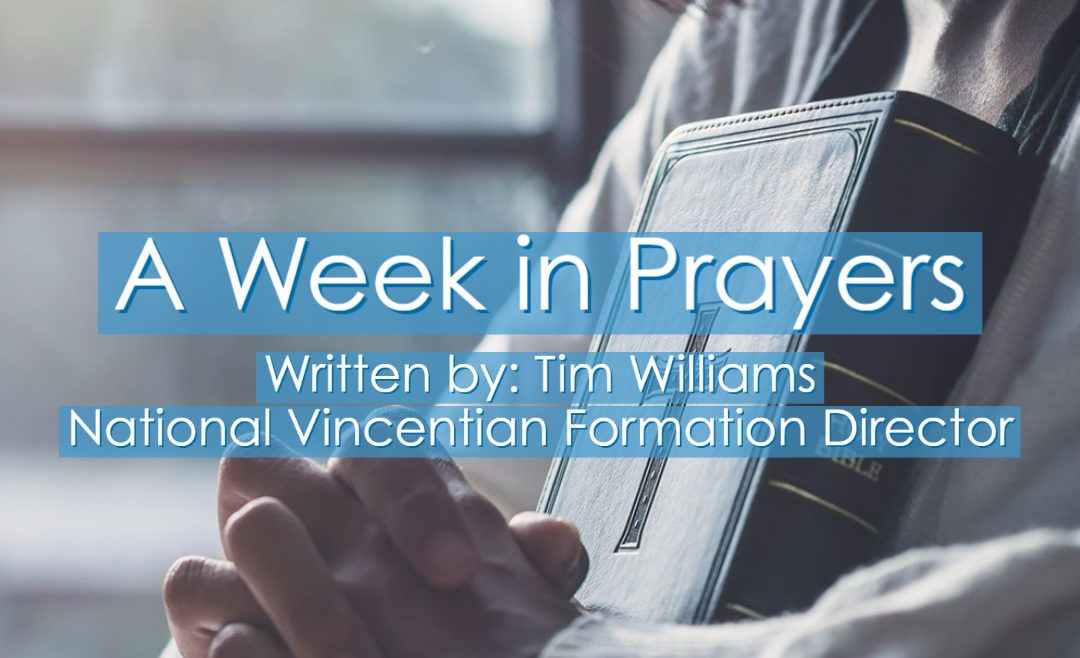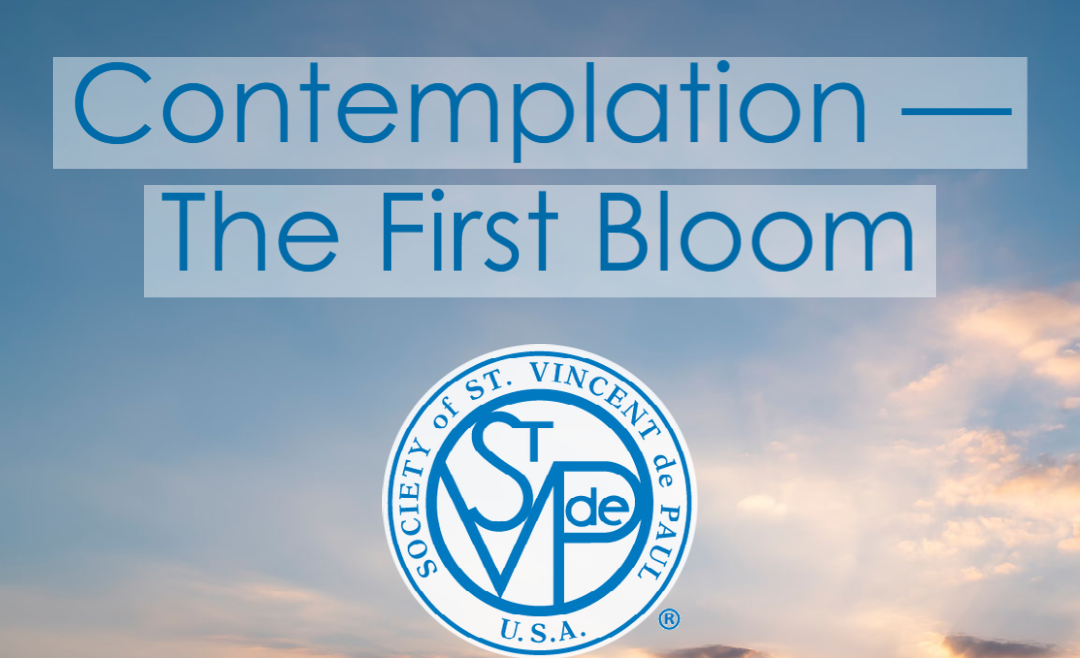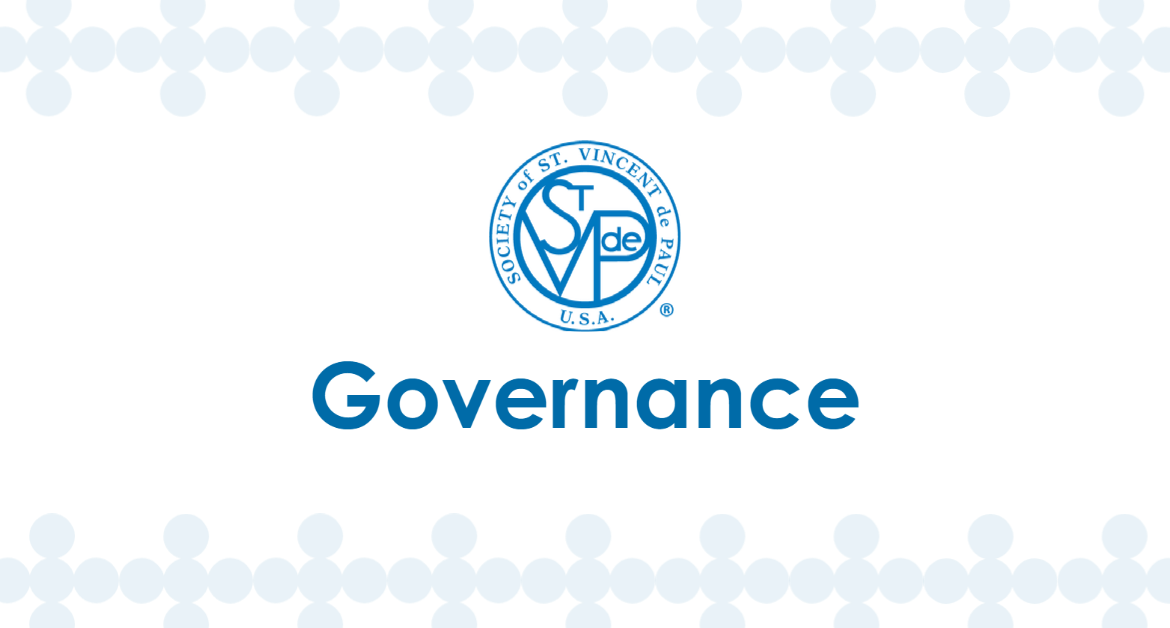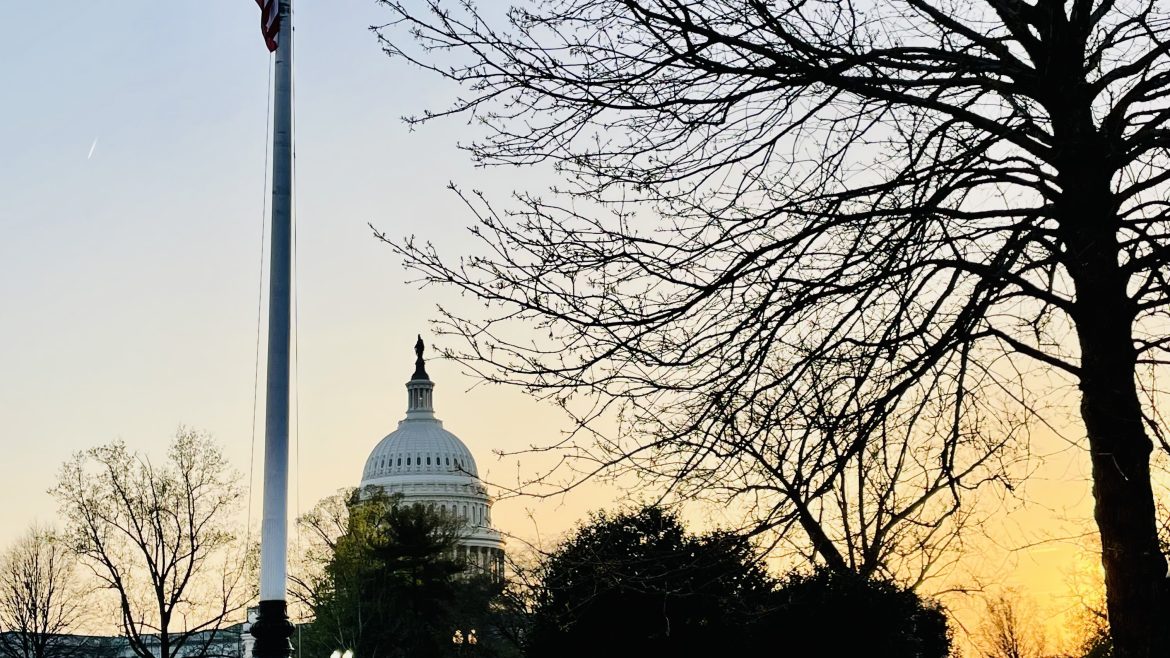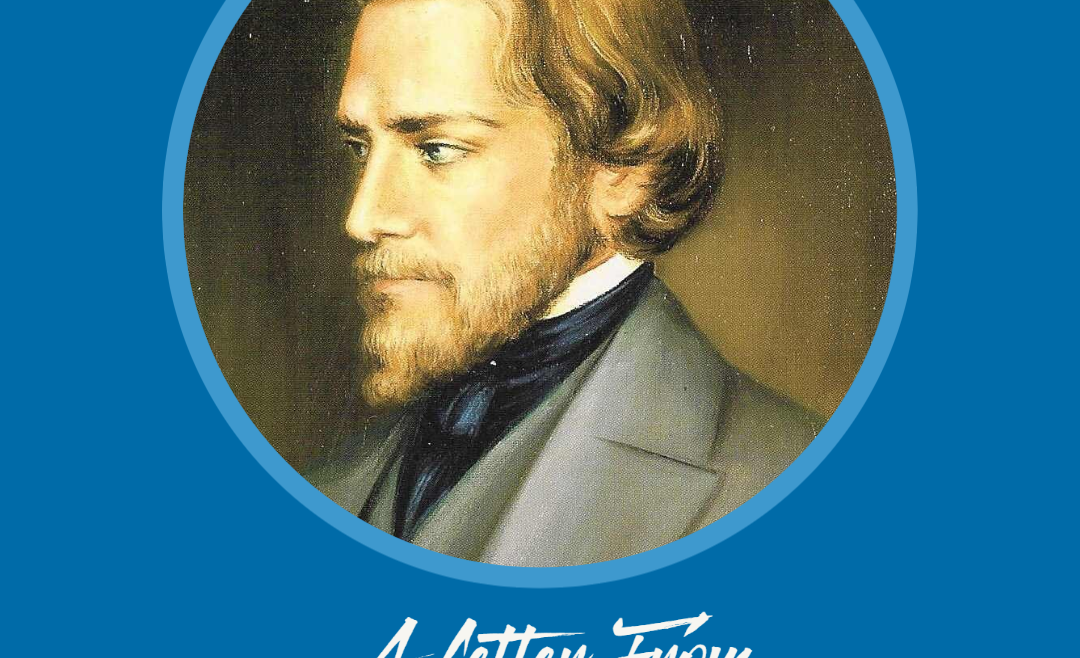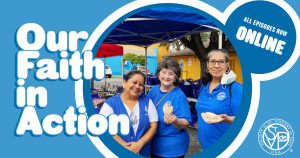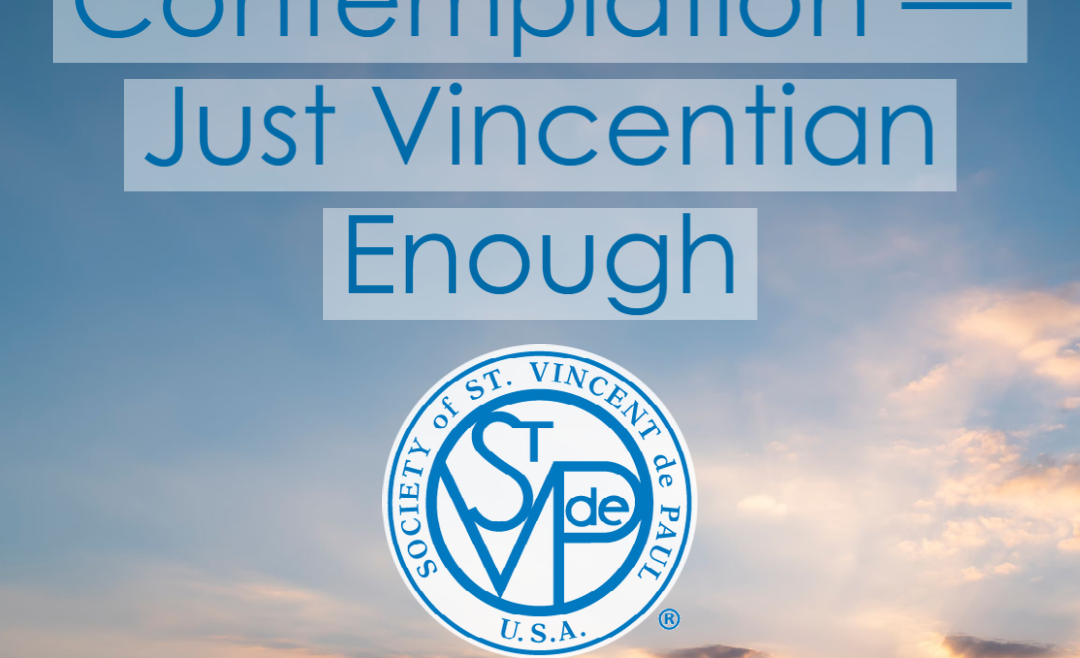Monday, April 3
Lord, grant me the virtue of simplicity
In my life and in my words.
Animated by love of the Holy Spirit,
With full faith in the Truth of Your Word,
May my honesty reveal You to all.
And may I never be separated from You
By my own pretense or falsehood.
Amen
Tuesday, April 4
Lord Jesus, in my heart of hearts,
Deep within my soul,
In every fiber of my being,
Help me to follow Your way.
Amen
Wednesday, April 5
When I stand tall with undeserved pride,
Help me, Lord Jesus, to kneel.
When I am brought low by the things of this world,
Help me, Lord Jesus, to stand.
When I’m at a loss for the right words to say,
Lord Jesus, hear my prayer.
Amen
Thursday, April 6 (Holy Thursday)
Lord Jesus,
In Your infinitely creative love
You share Your true presence
In bread and wine.
May it remind me that through
The anointing of my Baptism,
I also am sent
To bring glad tidings to the lowly,
To heal the brokenhearted,
To comfort those that mourn,
Not to be served, but to serve.
Amen
Friday, April 7 (Good Friday)
Lord Jesus, lead, and I will follow,
Taking up my cross daily,
And bearing its weight gladly,
No matter how difficult.
For the pathway is narrow
That leads to the Kingdom
But it is marked
By the sign of the cross.
Amen
Saturday, April 8 (Holy Saturday)
Lord Jesus,
Fully divine and fully human,
You fully revealed my nature
And my calling
Through Your life on earth.
You fully paid the price for my sins
By Your suffering
And death on the cross.
Lead me into Life, Lord Jesus.
Amen
Sunday, April 9 (Easter Sunday)
Roll away the stone, Lord Jesus,
So that I may follow Your way!
Roll away the stone, Lord Jesus,
Your truth is as bright as the day!
Roll away the stone, Lord Jesus,
Like the weight of all sorrows and strife!
Roll away the stone, Lord Jesus,
Lead me from death into life!
Amen

